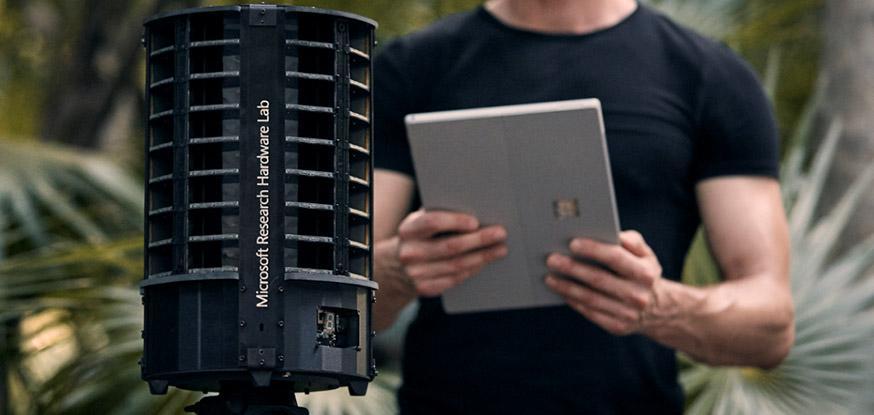A number of America's leading technology companies are collaborating through the use of automation and robotics in an effort to prevent the spread of the deadly Zika virus which is caused by mosquitoes.
Technology innovators such as Microsoft and Verily, which is a Californian-based sciences company have partnered with public health officials in several US states to carry out tests on new high-tech tools specifically designed to eradicate the virus.
Microsoft has announced that it is currently testing a 'smart trap', which can actually isolate and capture the mosquitoes known for carrying the Zika virus. Once captured entomologists will study the mosquitoes in a bid to give them a head start on predicting potential outbreaks of the virus.
In addition to this, Verily, which is Alphabet's life sciences department - is carrying out its own experiments and studies in relation to the deadly virus which caused huge controversy in the lead up to the Olympic Games in Rio last year. It is reportedly speeding the process for creating sterile male mosquitoes to mate with females in the wild, offering a form of birth control for the species.
While it has been estimated that it may take years for these advances to come to fruition, some health experts believe that new players bring fresh perspective and thinking to vector control, which still relies heavily on traditional counter-active measures such as insecticides. A leading professor expressed his excitement at technology firms joining the fight against the deadly disease.
Anandasankar Ray, an associate professor of entomology at the University of California said, “It's exciting when technology companies come on board. Their approach to a biological challenge is to engineer a solution."
The Zika epidemic broke out in Brazil in 2015, but gained further notoriety when a string of high-profile athletes pulled out of the Olympic Games over fears they would contract the virus. The virus left thousands of new born babies suffering from defects. Figures indicate that cases of the virus reported in the US have come from travelers contracting it in another country. However, in Texas and Florida both cases reported and recorded were caused by local mosquitoes.
In Texas, it has been confirmed that 10 mosquito traps developed by Microsoft are operating in Harris County, which includes the city of Houston. Roughly the size of large birdhouses, the devices use robotics, infrared sensors, machine learning and cloud computing to help health officials keep tabs on potential disease carriers.
Most conventional mosquito traps capture all comers - moths, flies, other mosquito varieties - leaving a pile of specimens for entomologists to sort through. The Microsoft machines differentiate insects by measuring a feature unique to each species: the shadows cast by their beating wings. When a trap detects an Aedes aegypti in one of its 64 chambers, the door slams shut.
The machine "makes a decision about whether to trap it," said Ethan Jackson, a Microsoft engineer who is developing the device.

